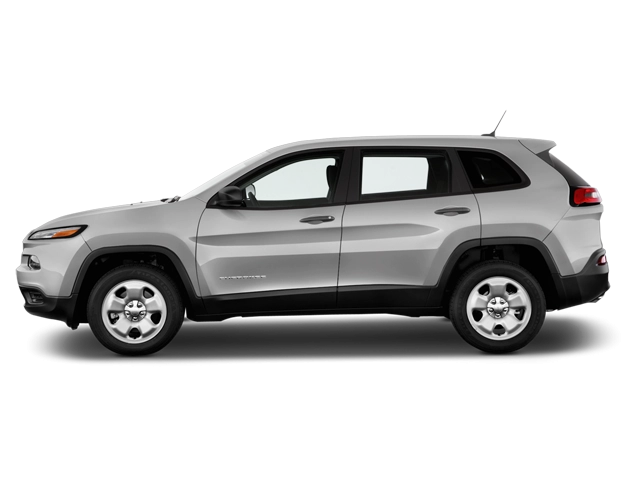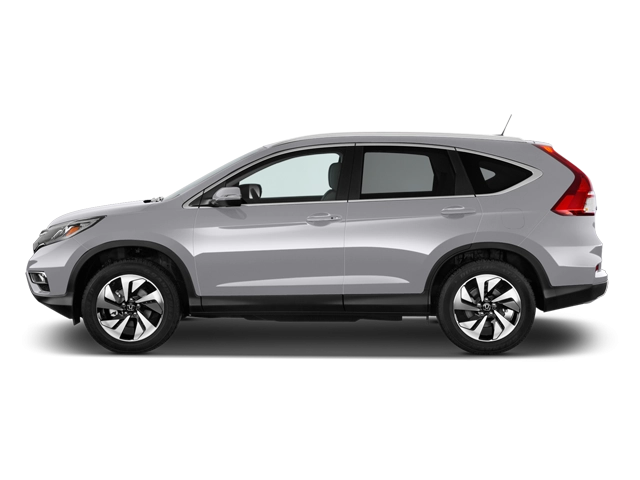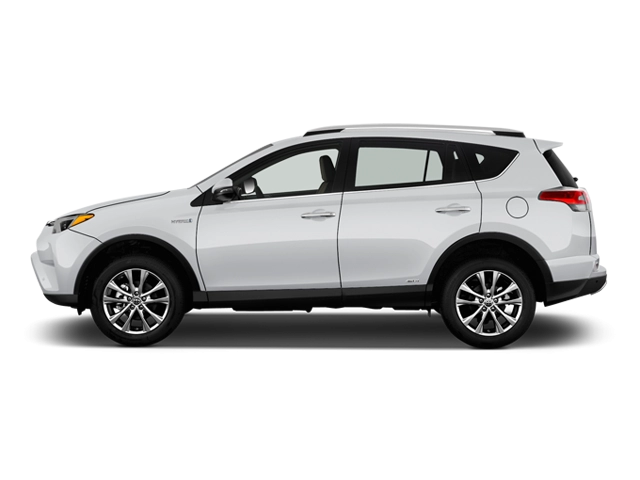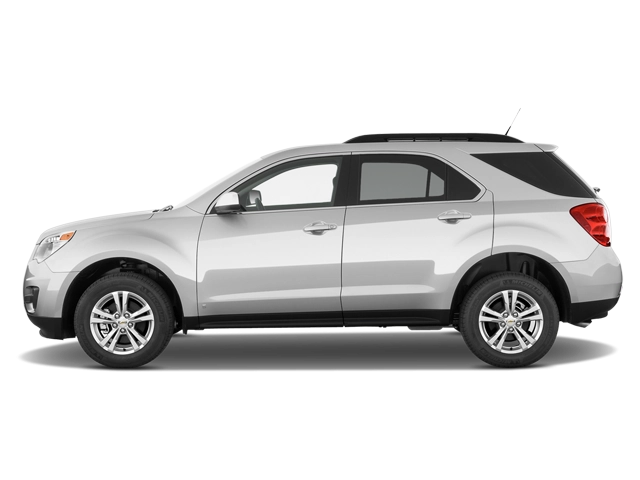Subaru Forester owners manuals
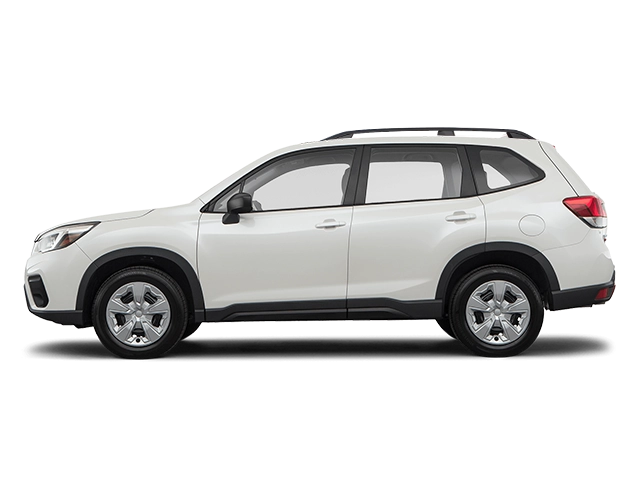
(owner manual)
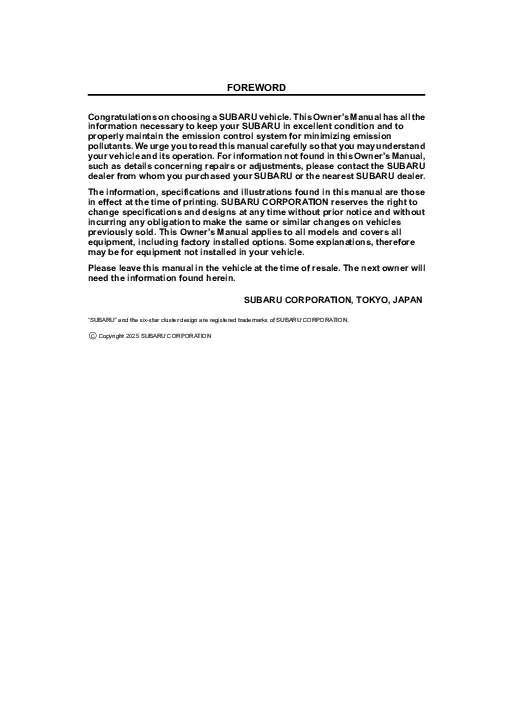
(owner manual)
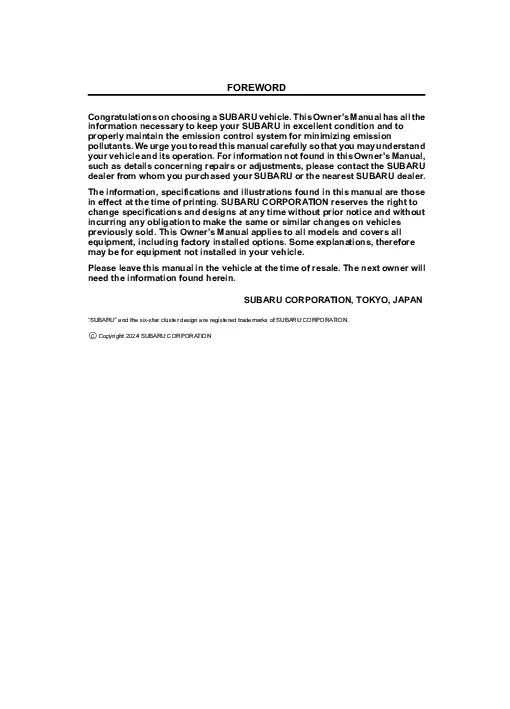
(owner manual)
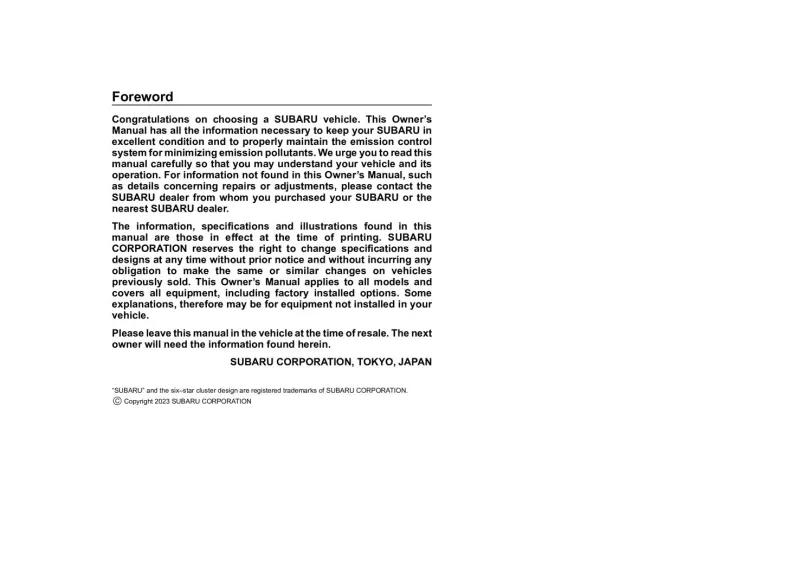
(owner manual)
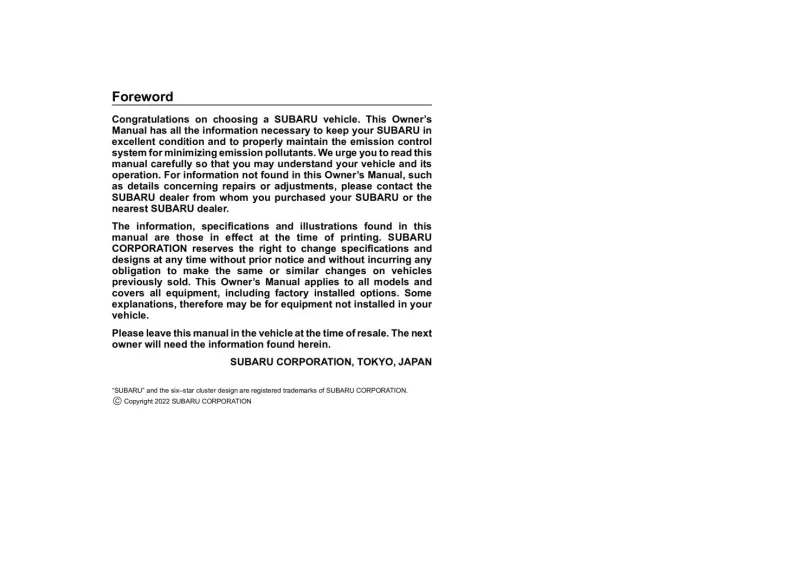
(owner manual)
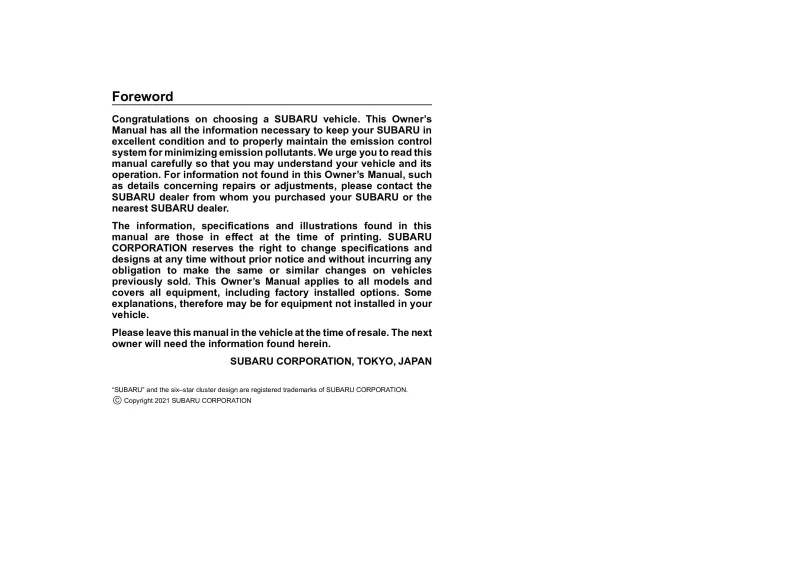
(owner manual)
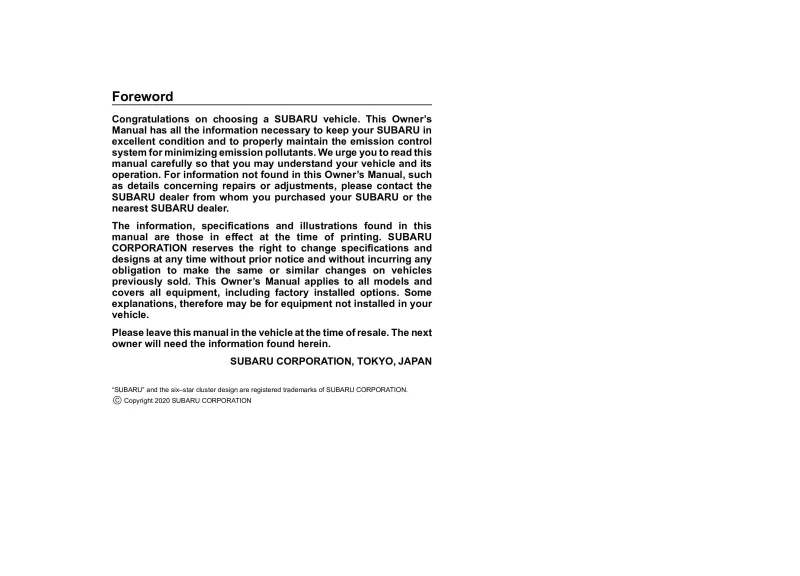
(owner manual)
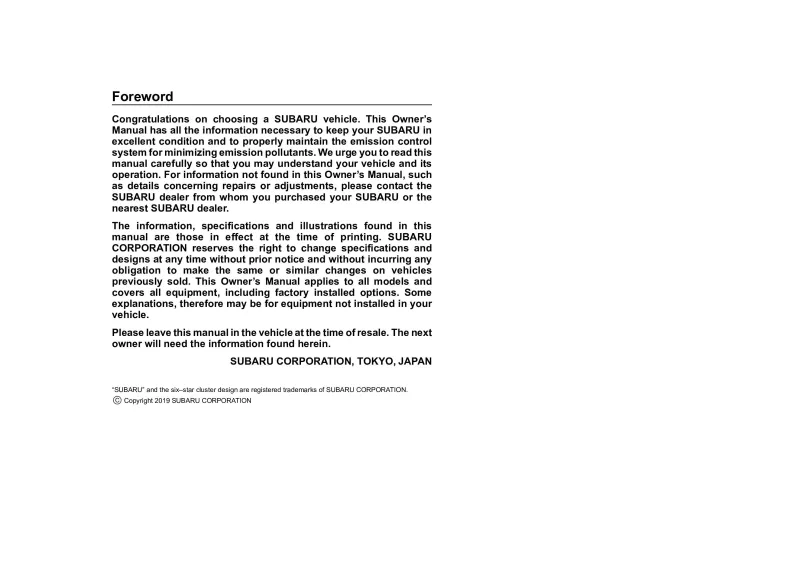
(owner manual)
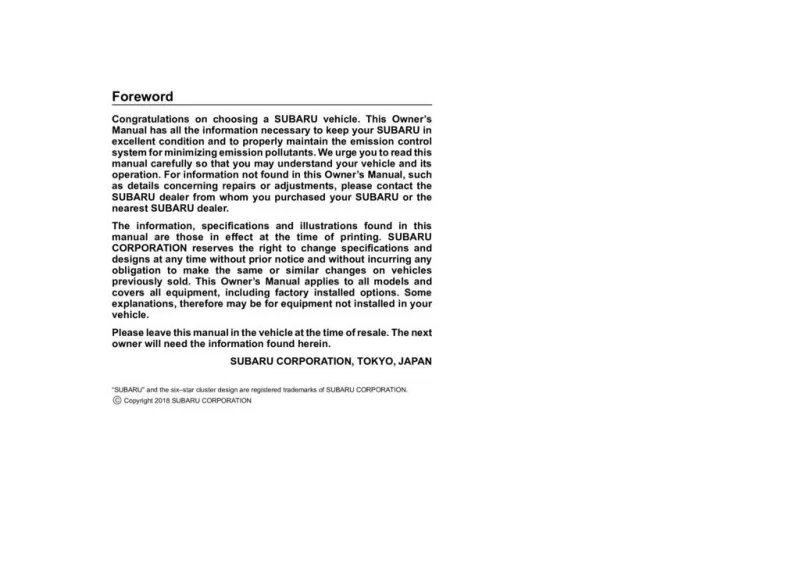
(owner manual)
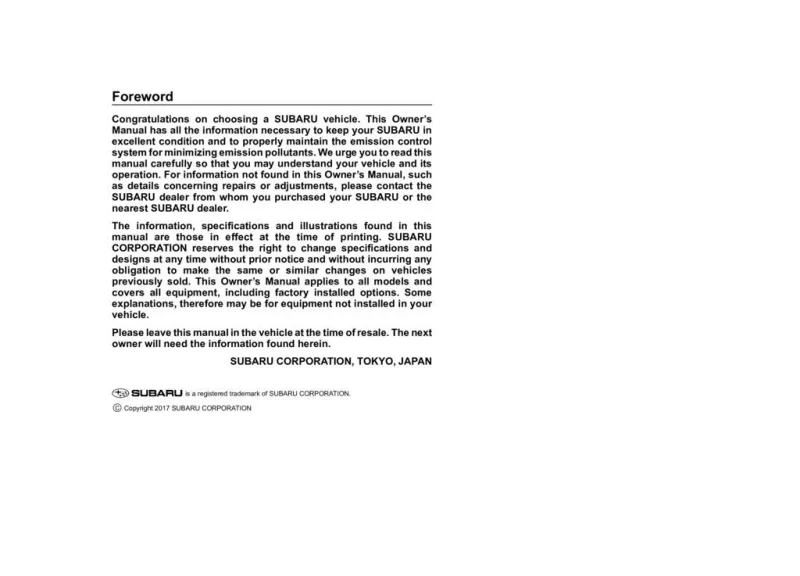
(owner manual)

(owner manual)

(owner manual)
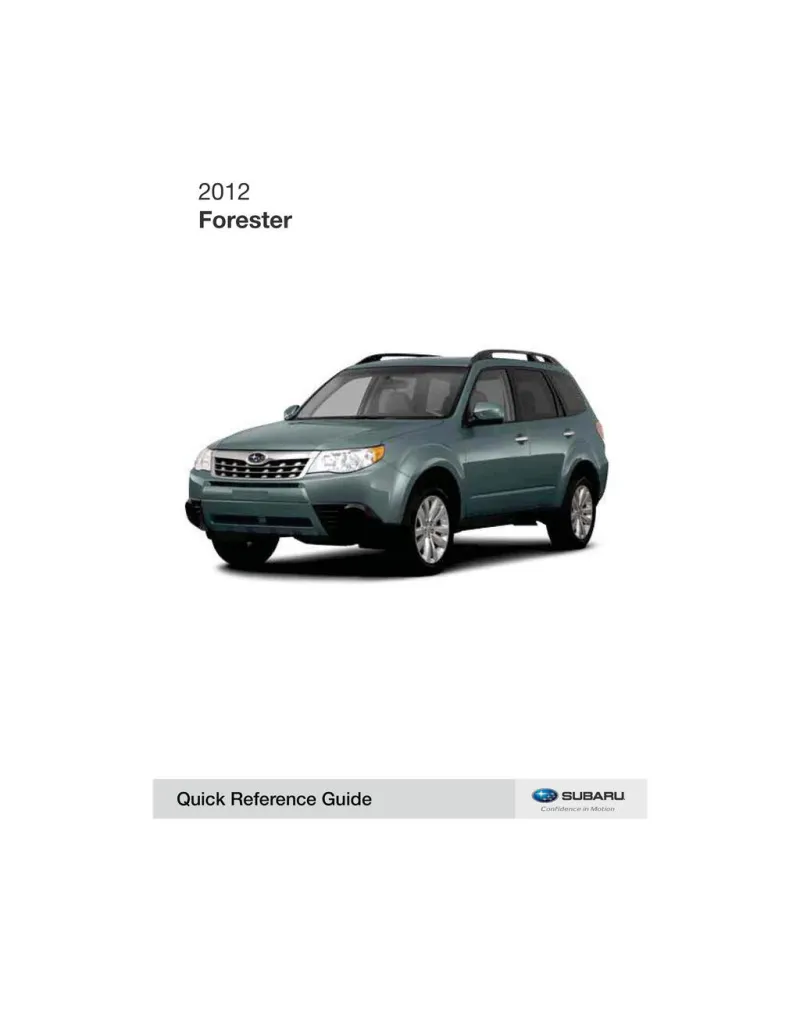
(owner manual)
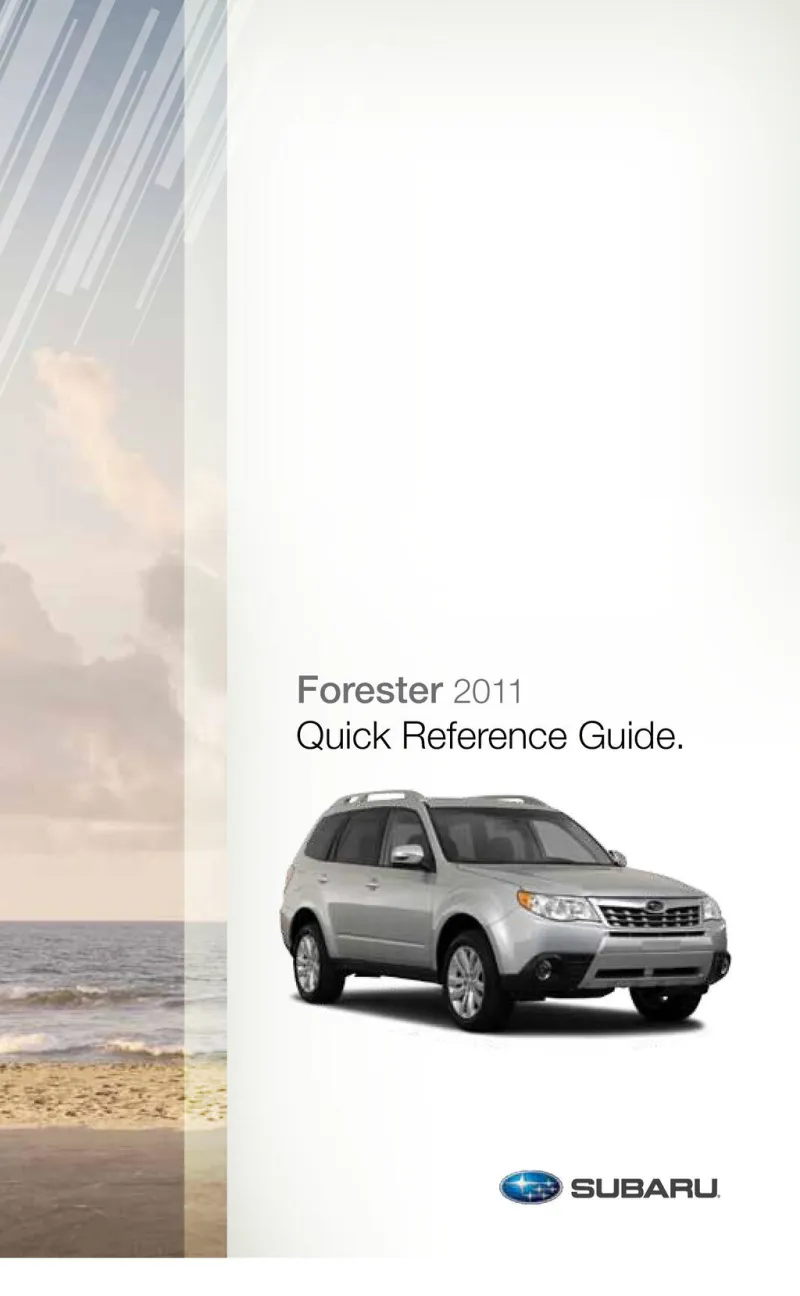
(owner manual)
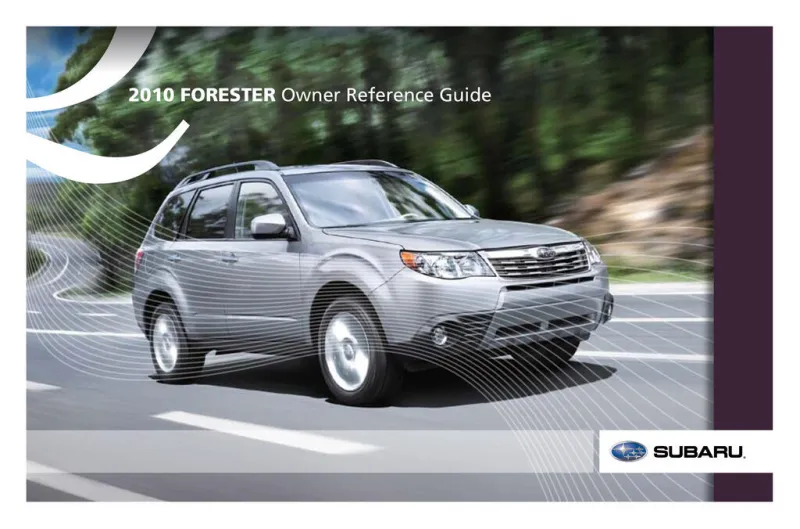
(owner manual)
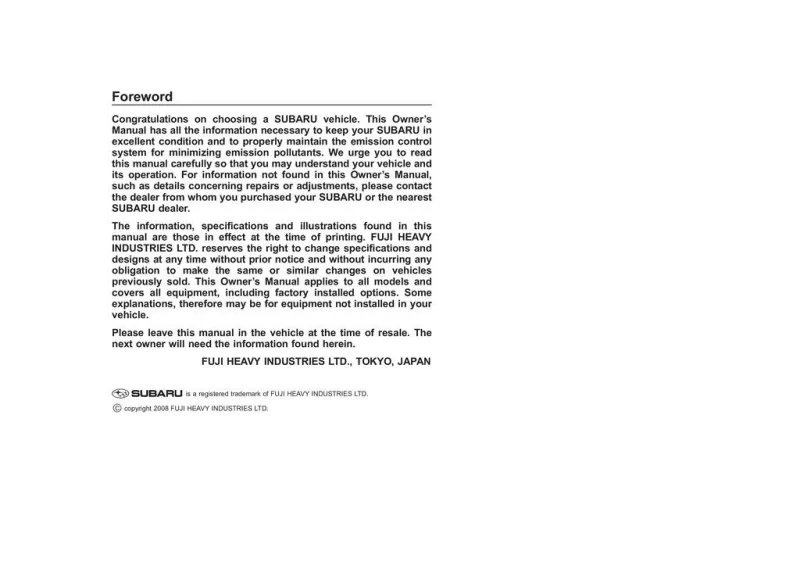
(owner manual)
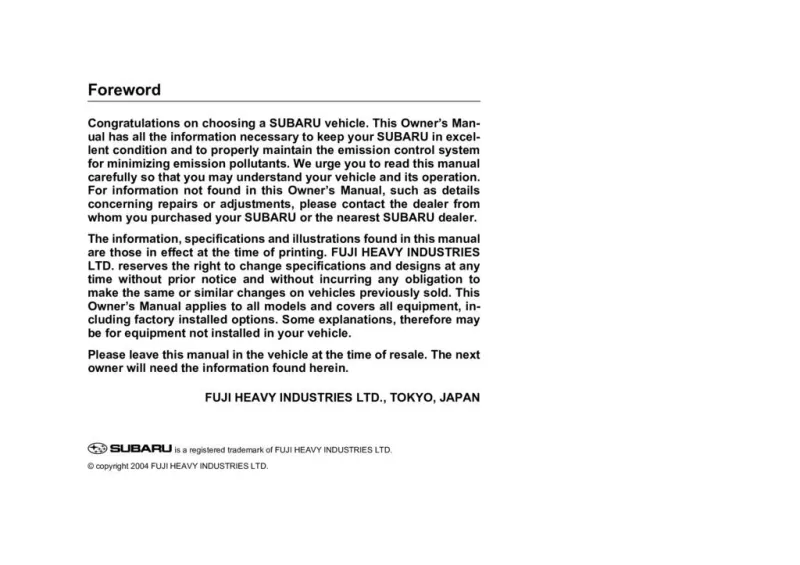
(owner manual)
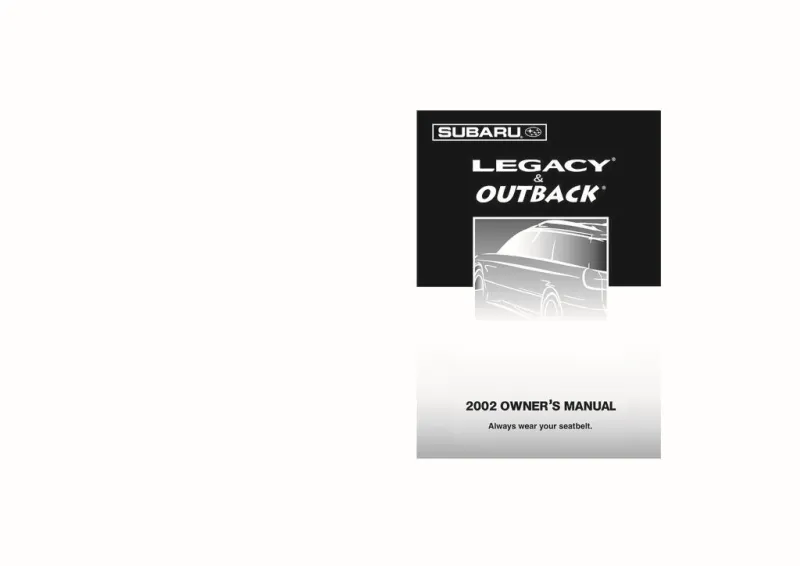
(owner manual)
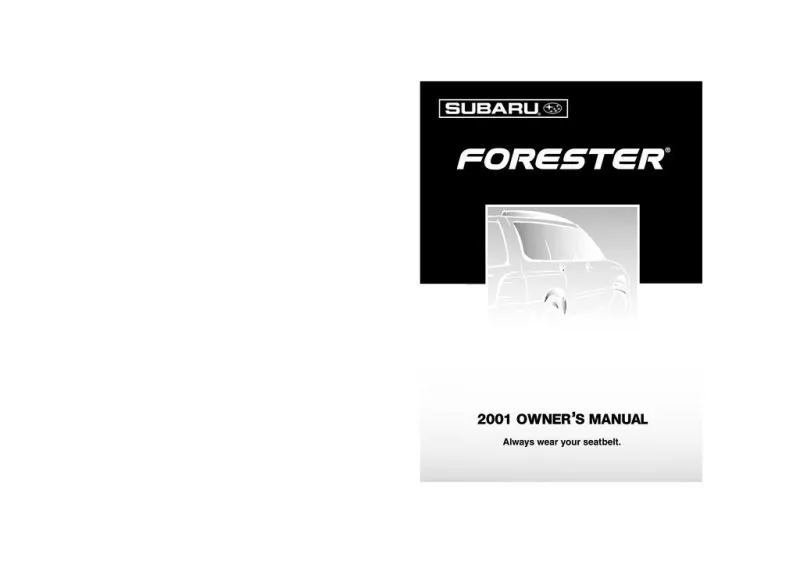
Subaru Forester specs
Owner Manual
The Subaru forester user manual is a user guide that every owner of the all round compact SUV will need. This is a very handbook that represents a lot of information concerning the functionality, maintenance, safety, and troubleshooting of vehicles. It contains fundamental parts of starting processes, the meaning of the dashboard indicators, and the description of different technology available along with the Forester. Knowing your owner manual will mean that you will be able to get the best out of your vehicle in terms of performance and longevity not to mention the fact that it has high safety standards which you will be able to enjoy. The use of your manual periodically can assist you in becoming familiar with your cars capabilities and reacting further to problems that might occur.
Model Overview
Subaru Forester is an iconic compact SUV which boasts of consistency, roomy interior, and skill in off-road driving. The Forester, which was initially launched in the year 1997, has undergone a lot of developments incorporating both functionality and technology. The car will also have the legendary Subaru symmetrical all-wheel-drive which will give the car better handling and traction across all types of weather. Cargo space is large, and the interior of the Forester is easy to use and clean, which attracts a large group of road users: families and outdoor lovers. It has a high fuel efficiency, safety score, and comfort, which makes it an outstanding model in its segment.
Trims
Subaru Forester normally has a number of trims that appeal to a variety of tastes and requirements. The entry-level trim is the so-called Forester that features such amenities as a rearview camera, adaptive cruise control, and touchscreen infotainment system. Going higher to the Premium, Sport, and Touring trims, though, you can add the power liftgate, new audio systems, and other safety assist features. Not only do each of the trims make the car feel more comfortable and convenient, but also larger in the off-road use, and it is important to note that Subaru is devoted to adventure and exploration.
Know Problems
Although the Subaru Forester has been deemed to be a reliable car, there are some potential problems that the owners should know. There have been cases of some proprietors complaining of the CVT (continuously variable transmission) having delays in acceleration and at times being shaky. Overspending on the oil consumption especially in older models has been another problem. Manufacturers should also make sure that the owners monitor the engine oil levels and maintain the vehicle in good condition. Moreover, there are those who can have battery problems particularly in extreme weather. These issues can be addressed by means of regular maintenance that will allow alleviating the possible issues before they occur.
Maintenance Tips
In order to enjoy the life and stability of your Subaru Forester, it can be guaranteed by adhering to a regular maintenance schedule. Begin with following the recommended time of oil change which is usually every 6,000 miles or six months. Always inspect and check tire pressure to increase fuel economy and handling. The brakes also need to be checked and the brake pads changed when they are not too old. Monitor your car fluids- fluids coolant, brake fluid, transmission oil and refill them when needed. Finally, you can think of taking the car to the official service centres where scheduled inspections will be made to identify any possible problems in the early stages and maintain your Forester in the best form.
FAQs
Q: What kind of fuel do I use on my Subaru Forester?
A: The Subaru Forester is not built to consume any other gasoline other than regular unleaded gasoline (87 octane) which provides the best performance and fuel economy.
Q: What is the frequency of air filter replacement?
A: It is suggested, as a rule, to change engine air filter once in 15,000 to 30,000 miles, depending on the conditions of the driving.
Q: Can I use synthetic oil?
A: Although synthetic oil is not mandatory, most owners of Subaru use it, particularly in high temperatures to ensure better performance and provide the engine with greater protection.
Subaru Forester PDF owner manual
Subaru Forester competitors
Subaru Forester Manual Questions
Fill the form below and someone will help you!

